The Atlantic explores Play Anything, a new book by Ian Bogost. The author argues that we’ve come to think of fun as enjoyment without effort, leading us down a series of unhelpful paths, where we’re trying to achieve results without any effort. Play is too easily seen as a break in the work, rather than as a (quite demanding) way of seeing the work.
This guides us as facilitators: we are constantly noticing and thinking about how participants are engaging and how we’re engaging with them. And searching for the subtle tweaks that might improve things. Often this work is invisible, as we choose not to act on many of the ideas we have – we’re spending energy on impulse control. When we do act, we pay attention to the impact.
In this sense, we’re in a state of play with the group all the time: arguably this is the process, rather than the formal activity, the overt process (e.g. open space, world cafe whatever). We’re often happy to change the overt process so that we’re not following a ritual in a trance, but are actually alive to the moment.
